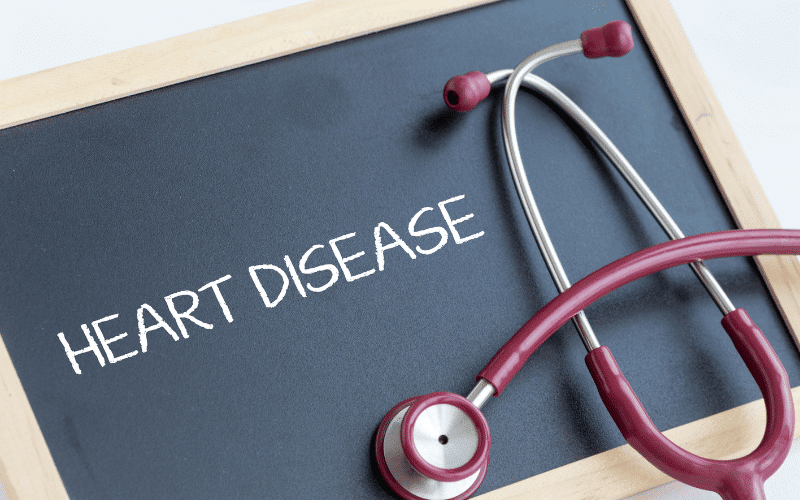Frequently Asked Questions About Heart Disease Symptoms

1. Can symptoms of heart disease appear suddenly?
Yes, symptoms of heart disease can appear suddenly, particularly in conditions like a heart attack or severe heart failure. However, in many cases, heart disease develops over time and presents gradual signs, such as persistent fatigue or breathlessness. It’s crucial to seek immediate medical help if you experience sudden chest pain, shortness of breath, or other severe symptoms.
2. Are heart disease symptoms the same in men and women?
Heart disease symptoms can vary between men and women. While chest pain is a common symptom in both genders, women are more likely to experience atypical symptoms such as neck, jaw, throat, or back pain, nausea or vomiting, and extreme fatigue.
3. Can young people have heart disease symptoms?
Yes, young people can have heart disease symptoms, especially if they have risk factors such as a family history of early heart disease, smoking, obesity, high blood pressure, high cholesterol, or diabetes. It’s essential to maintain regular check-ups and a healthy lifestyle, regardless of age.
4. Can heart disease symptoms come and go?
Some heart disease symptoms can indeed come and go. For instance, angina (chest pain caused by reduced blood flow to the heart) can present as episodes of discomfort that come and go. However, any recurring symptom warrants a medical check-up.
5. Are heart disease symptoms always severe?
Not always. Heart disease symptoms can range from mild to severe, and some people may have no symptoms at all, especially in the early stages of the disease. It’s crucial to pay attention to any changes in your body, no matter how minor they may seem.
6. Can stress mimic heart disease symptoms?
Yes, stress can mimic heart disease symptoms, such as chest pain, rapid heartbeat, and shortness of breath. However, chronic stress is also a risk factor for heart disease. If you’re experiencing symptoms that concern you, it’s important to seek medical advice.
Conclusion: Early Recognition is Key in Heart Disease
To conclude, recognizing the signs of heart disease is crucial in managing this prevalent condition effectively. Whether it’s an apparent symptom like chest discomfort or a subtler one like unexplained fatigue or throat pain, no sign should be overlooked. Remember, these symptoms are your body’s way of communicating potential issues. Always consult with your healthcare provider if you notice changes that concern you.
Furthermore, reducing heart disease risk factors, maintaining a healthy lifestyle, and having regular medical check-ups can all contribute to better heart health. Remember, it’s not just about detecting heart disease but also about taking proactive steps to keep your heart in optimal condition. You hold the key to your heart health—make sure to use it wisely.